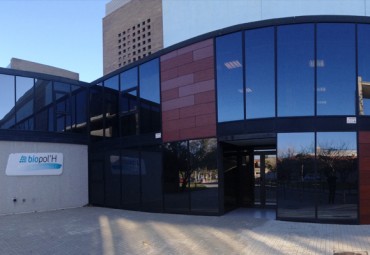Understanding Language and Cognition after Brain Surgery – Tumor grade, fine-grained assessment tools and, most of all, individualized approach
Cognitive performance influences the quality of life and survival of people with glioma. For this reason, detailed neuropsychological and language evaluation is essential. In this work, we tested if an in-depth analysis of errors in naming can indicate semantic and/or phonological impairments in a sample of 87 awake brain surgery patients harboring low- or high-grade glioma. Secondly, we explored which post-operative language and cognitive changes occur as a result of the resection of brain tumor. Finally, we checked if low tumor grade had a protective effect on cognition. Our results indicated that there exists a relationship between the tasks developed by our team for phonological and semantic processing in language and errors of phonological od phonological and semantic nature in naming. the conclusion brought by this finding is twofold – not only it showed that our experimental tasks are well suited for the detection of impairments in these domains, but it also indicated that naming errors can be useful to monitor semantic and phonological processing (for example while no other assessment could have been carried out), reinforcing the importance of a detailed neuropsychological evaluation in order to assess the functional involvement of language systems in brain tumor patients. Secondly, it showed that – although an analysis at a whole group level indicates a decline in language functions – when the data is analyzed with an individualized approach, significantly more patients improve or remain stable when compared to the ones who declined in virtually all tasks. Finally, we observed that having LGG, when comparing their language/cognitive profile with HGG, favors patients’ outcome both before and after surgery, most probably due to plasticity mechanisms.
The present findings provide new evidence of the importance of applying a broader neuropsychological assessment and an in-depth analysis of naming errors that could serve as an indicator of phonological and semantic processing in glioma patients. This approach may potentially ensure better detection of cognitive deficits and contribute to a better postoperative outcome. Our study also shows that an individualized approach in post-surgical follow-ups can reveal reassuring results showing that significantly more patients remain stable or improve. This way of looking at the data can be a promising avenue for similar reports. Finally, the study captures that plasticity mechanisms may act as protective in LGG versus HGG both before and after surgery, but not necessarily in pre- to post-surgical changes.
We appreciate being punctual in the connection.
ZOOM LINK: https://ub-edu.zoom.us/j/96639784509
Or in person attendance: Modular Building, room 1.5
 |

